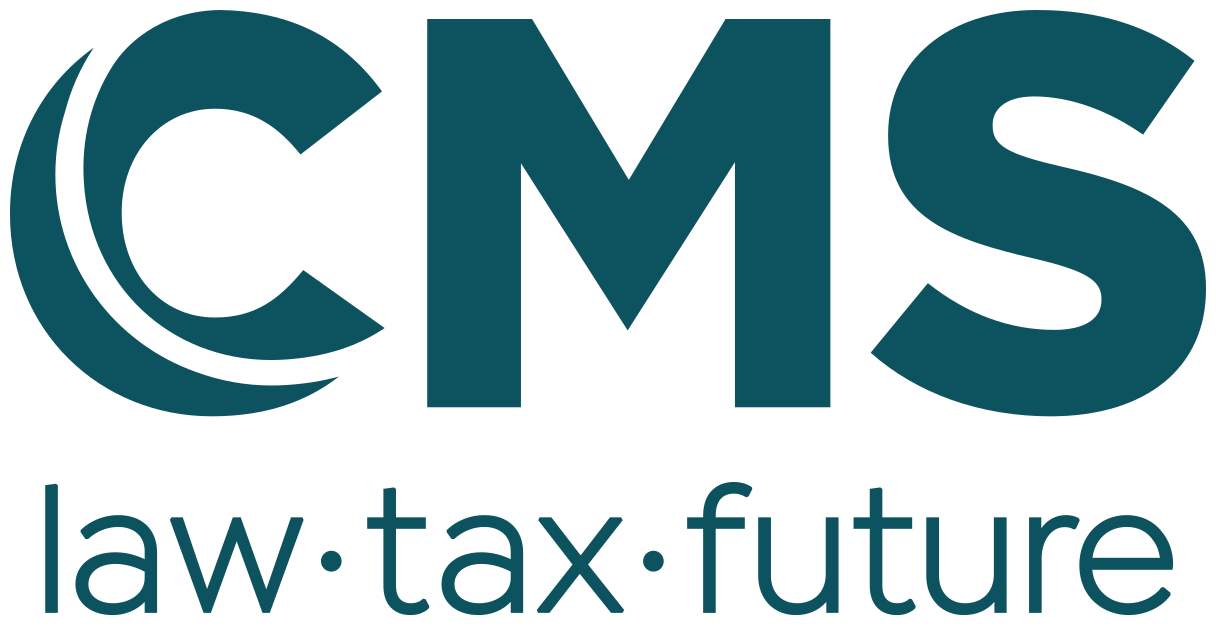Overview
In 2021, COP26 was hosted in Glasgow. It was seen as a pivotal moment in tackling the global climate crisis. Help your students understand the impact the COP26 had and the key issues at play through our classroom resource.
Aimed at students in KS4 and 5 or S3-S6, this resource is designed to be run over a 1-2 hour period. Students are introduced to key pieces of environmental legislation and critically analyse what impact this legislation is having on tackling climate change now and in the future.
By the end of the lesson(s) students will be able to:
- Analyse who is responsible for tackling climate change and who is responsible for addressing its effects;
- Explain the key outcomes of a range of climate change related legislation and examine how these are being used to drive change;
- Critically consider the role of the law in real life cases and explain how people are using the law to challenge decisions and instigate change.
Acknowledgments:
This classroom resource was developed in partnership with and funded by the international law firm CMS Cameron McKenna Nabarro Olswang LLP.

We would like to thank the staff and pupils at Balerno High School, Eastbank Academy, Maria Fidelis Catholic School and Mulberry School for Girls for their input during the piloting of this resource pack.
More Lessons resources
Digital Footprints
In this lesson, pupils explore what a digital footprint is. They consider what is and isn’t appropriate to share online thinking about the impact of this information both now and…
Healthy Eating
In this lesson pupils will learn about the importance of eating the right amounts of different food groups as part of a healthy lifestyle. Pupils will have the opportunity to…
Why Do We Pay Taxes? (Part 2)
Pupils will learn that councils are responsible for local spending decisions and can raise additional funds for public services through council taxes. To access this content, register for our School…
More Community resources
Chicken Soup
In this lesson pupils will read a tale adapted from Jewish folklore that explores the theme of sharing. Pupils will reflect on the behaviour of the characters and consider how…
What is a Citizen?
In this lesson pupils will be encouraged to think of themselves as citizens with the potential to make a positive difference in society. The lesson opens with the traditional tale…
Protecting Local Habitats (KS1)
In this lesson pupils will learn the meaning of the word habitat and have an introduction to different habitats that can be found in the UK. Pupils will examine how…
More Politics and Democracy resources
Mock Trials Classroom Pack
The Mock Trial Competitions are our longest-running active citizenship experiences. Since 1991, we have provided unparalleled exposure to the...
The G7 (Lesson Plan)
During this two lesson resource pupils learn about the G7 and take part in a mock G7 Summit meeting. During the first lesson pupils explore the history and function…
Being An Online Citizen
During this lesson pupils consider their rights and responsibilities as digital citizens, focusing on how the online world can be used as a force for good. Pupils consider what skills,…
More Social Action/Active Citizenship resources
Family Life
In this lesson pupils will think about what it means to be part of a family and how they can make a positive difference in their family life. Pupils will be…
The G7 (Lesson Plan)
During this two lesson resource pupils learn about the G7 and take part in a mock G7 Summit meeting. During the first lesson pupils explore the history and function…
The Internet: a Power for Good
In this lesson pupils consider how the internet can be a power for good and support active citizenship. Pupils explore a range of case studies before being challenged to identify…
More Sustainability and the Environment resources
How Should We Farm?
In this lesson pupils will learn about different farming methods. They will consider the advantages and disadvantages of these methods and learn how to identify labels that indicate how food…
Water: Our Most Precious Resource
In this lesson pupils will learn about the qualities of water and why it is vital to life on Earth. They will consider the problems facing people who cannot…
More Understanding Rules & The Law resources
Magistrates’ Court Mock Trial Competition 2025/26: Preparation Resources (England, Wales, Northern Ireland)
School Guide – This guide contains all of the information to support the lead teacher and support teachers in preparing for the competition. Student Guides – Each student guide contains an…
Magna Carta
During this lessons pupils will look at the history of the Magna Carta and consider how it has helped shape the laws we have today. Pupils consider what ‘fairness’…
Discrimination
In this lesson pupils will develop their understanding of the term ‘discrimination’. Pupils will consider what makes them unique and learn which characteristics are protected under the Equality Act. Pupils…
More KS4 (ages 14-16) resources
You Decide! (KS4)
This resource will allow students to critically consider what reasons and ways the government can take to support different...
COVID and the Economy
During this session, students will critically examine some of the key economic considerations of the pandemic. They will explore...
Be Your Own Councillor
Students examine ways in which a fictional town council could spend its budget. They consider the concerns of different...
More KS5 (ages 16-18) resources
Housing Law (SmartLaw Subscription)
In this lesson students explore a range of different housing situations someone can find themselves in. They examine some of the common legal issues concerning housing including common landlord and…
What is Democracy?
This resource pack is the first of a four-part set which has been designed to introduce students to the...
Employment Law (SmartLaw Subscription)
During this lesson students explore the law that applies to young workers and what they can do if they believe their legal rights at work are not being upheld. To…
